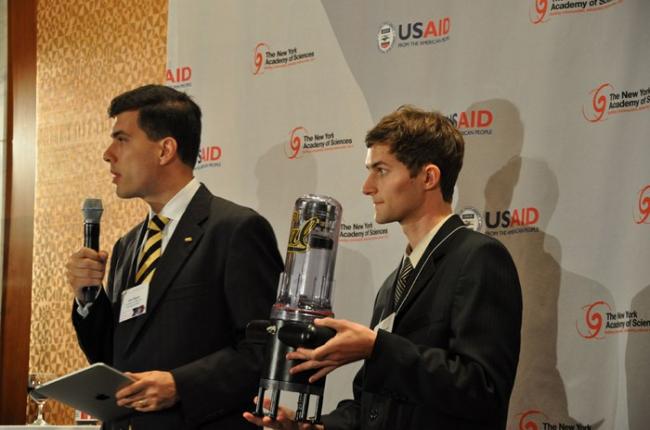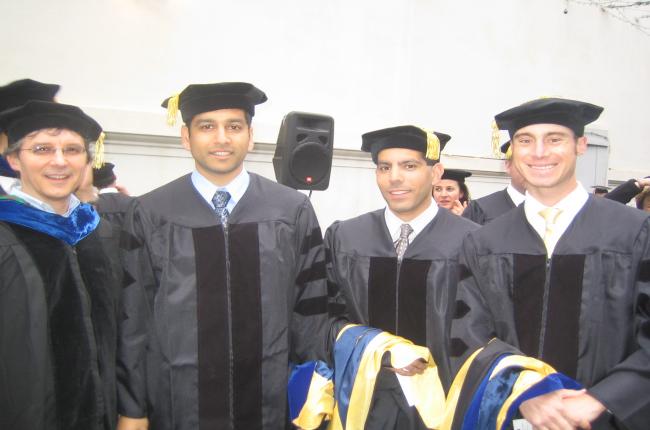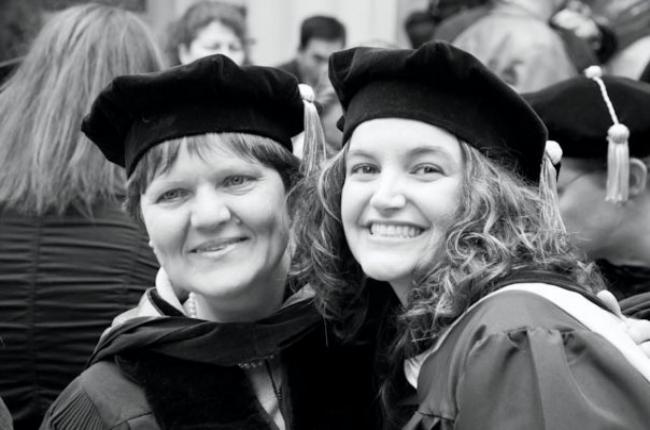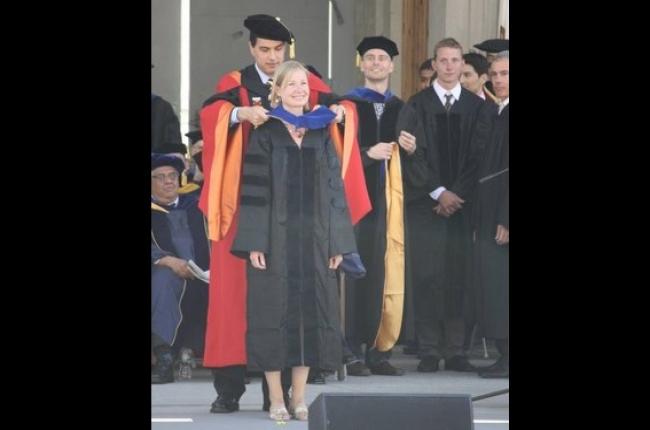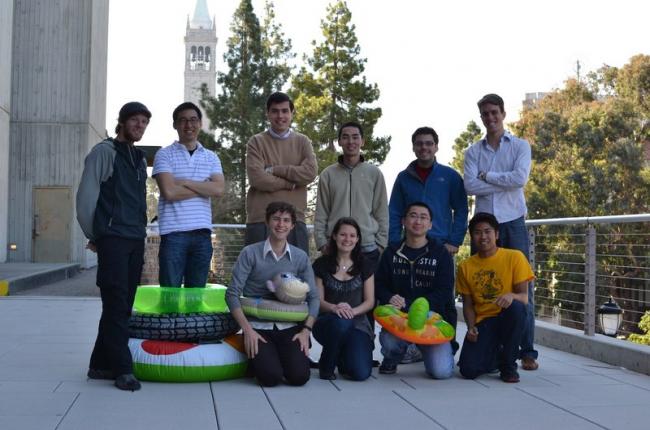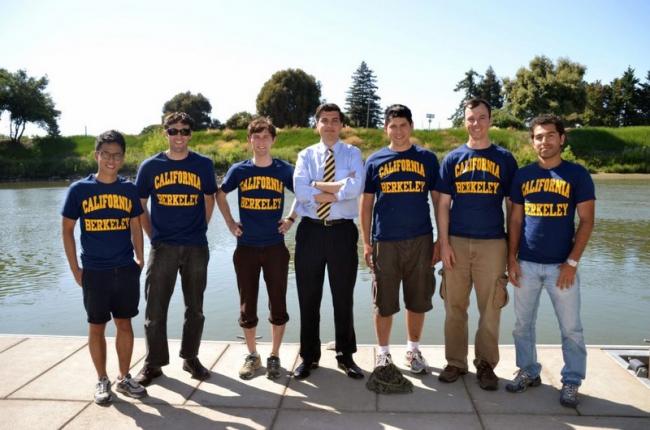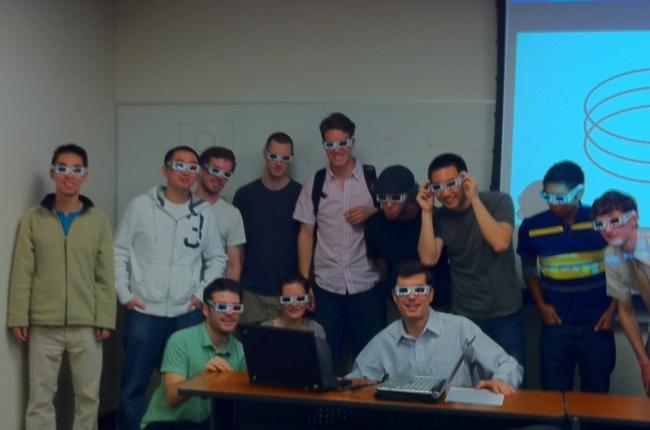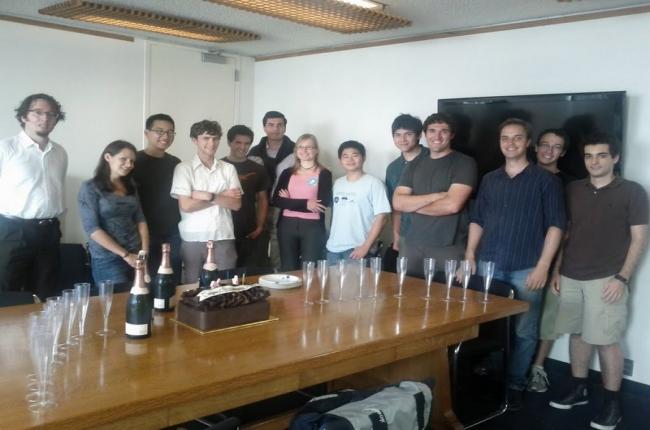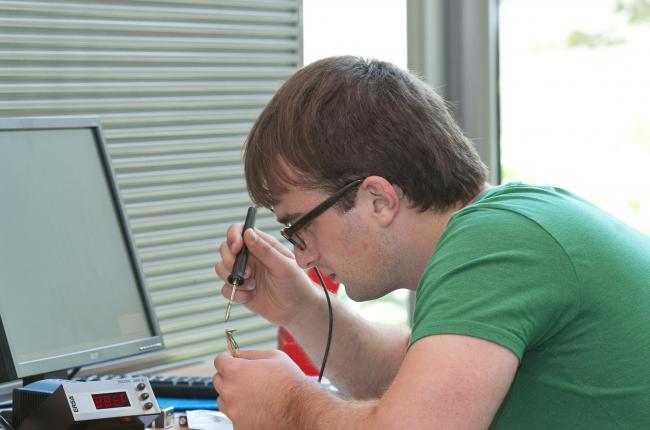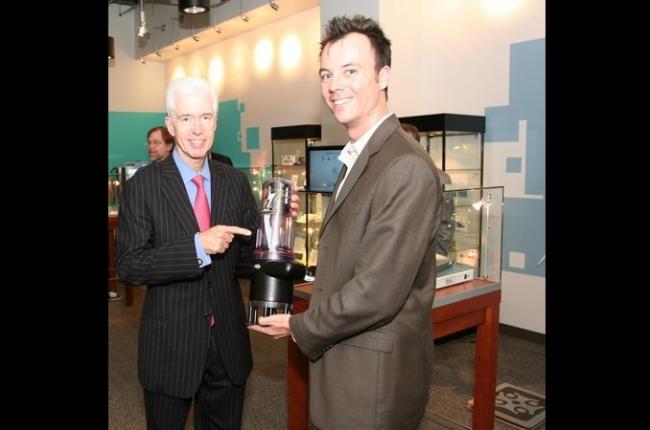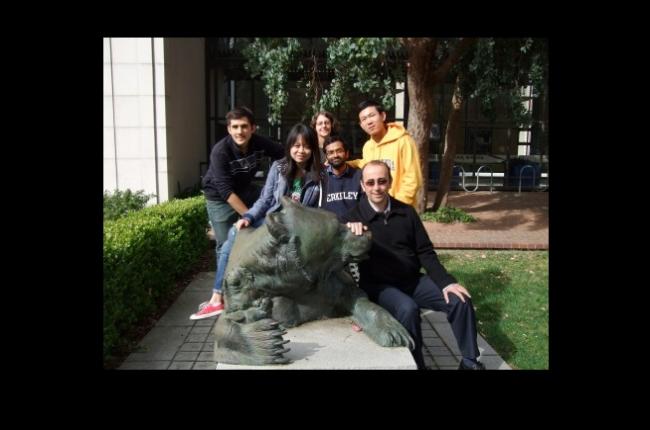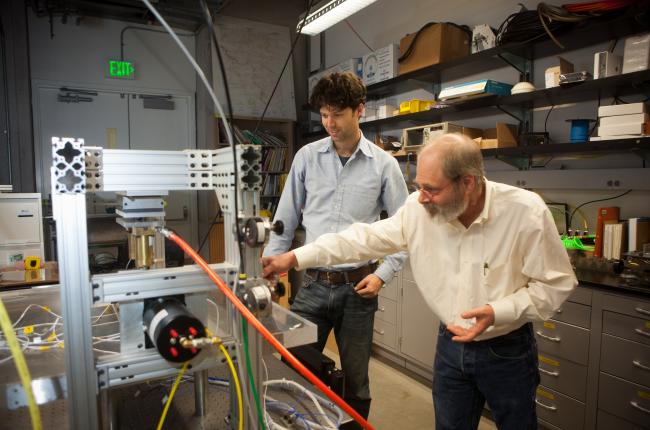Systems Program Detailed Program Requirements
We welcome applicants with undergraduate degrees in any scientific or engineering discipline.
- See Graduate Admissions for how to apply.
- All UC Berkeley graduate programs must conform to minimum requirements established by the Graduate Division.
- See Graduate Education at CEE for guidance.
- See prerequisites.
Under Plan I, an MS degree is awarded upon completetion of 21 units of course work and 3 units of research. The student must submit a manuscript reporting on their work.
Under Plan II, an MS degree is awarded upon the completion of 24 units of course work and the successful completion of a 40 minute oral examination.
The program coursework must be reviewed and accepted by the Systems program graduate advisor. The MS degree normally takes 2 semesters to complete.
All MS students must receive signed approval of their proposed course work by the first week of each semester. Failure to do so can result in not graduating in a timely manner!
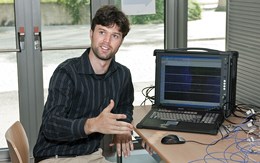 The technical track requires 3 technical core courses and 1 policy/societal course. The other 4 courses to fulfill the MS requirements can be chosen by you with the approval of your graduate advisor. All courses should be chosen to realize a definable intellectual goal rather than just 4 unrelated courses. Course substitutions can be made by petitioning the Systems program graduate advisor.
The technical track requires 3 technical core courses and 1 policy/societal course. The other 4 courses to fulfill the MS requirements can be chosen by you with the approval of your graduate advisor. All courses should be chosen to realize a definable intellectual goal rather than just 4 unrelated courses. Course substitutions can be made by petitioning the Systems program graduate advisor.
The systems program is technical and rigorous. A systems student must be competent and comfortable with mathematics and computer programming. A mastery of linear algebra, differential equations, and multivariate calculus is expected, as well as command of a computer programming language such as C++, MatLab, Java, Python, etc.
Core classes:
- CE 271 Sensors and Signal Interpretation *
- CE 290I Civil Systems: Control and Information Management *
- CE C291F Control and Optimization of Distributed Parameters Systems *
- CE 229 Structural and System Reliability
* required for technical track
The policy/societal track requires 3 such classes and 1 technical class from the Systems core. Policy/Societal core classes include, but are not limited to:
- CE 268E Civil Systems and the Environment
- CE 268I Business Fundamentals for Engineers
- CE 250 Transportation Policy and Planning
This is not an exhaustive list. Other courses from throughout the university can qualify with approval of your program graduate advisor.
Large Cyber-Physical Systems Track
This program prepares you to use computational innovations for sensor networks, cloud computing, behavioral science, mobile communications and distributed parameter control to create entrepreneurial solutions for industries such as transportation, water, or energy.
Engineering core leadership classes (6 units):
This track also requires a minimum of 12 units of technical electives including:
- CE 271 Sensors and Signal Interpretation
- CE 290I Control and Information Management
- CE C291F Control and Optimization of Distributed Parameters Systems
- CE C289/EECS 249 Design of Embedded Systems
Additional coursework includes a minimum of 5 units of Integrative Capstone Projects complementing the core leadership curriculum (E 296 MA/MB) and 1 unit per semester (for a total of 2 units) of capstone integration (E 295).
For more information about the professional MEng, see Fung Institute. The website includes information on part-time/full time enrollment, curriculum models, and possible career paths of graduates.
The coursework requirements for the PhD program will include the same structure as the MS program, with the coursework taken under the advice and approval of the graduate and dissertation advisors. The recommended minimum number of units of formal course work (major and minors) in graduate study for the doctoral degree is 33 units. The minimum major requirement is approximately 17 units (excluding research) of which 4 may be upper division courses. Two minor fields must be completed, only 1 of which can be within the CEE department. The minor normally consists of a group of 2 to 3 upper division undergraduate and graduate courses totaling at least 8 units.
Your major field of study may be within a single department, with essential related courses from other departments; in several departments; or in an interdisciplinary group. Twelve units must be taken within the department. Once you have chosen a field of study, you must confer with your graduate and research advisor to select the sequence of courses that will best prepare you for the qualifying examination and research work.
You will need to take the preliminary examination within the first 6 months of registering as a PhD. The examining committee is made up of 3 Systems program faculty chosen by you, including your research advisor. The examination is to test your in-depth domain knowledge as well as the ability to extrapolate to related problems with larger scope. You can retake the examination once if you are unsuccessful in the first sitting.
The examination consists of a question formulated by the examination committee. The questions will be communicated to you 3 days in advance of the examination. The question usually will ask you to address an unfamiliar aspect of your field of interest. The examination is structured so that you cannot gain advantage by studying in advance of seeing the question. The examination consist of a short (15 ~ 20 min.) presentation, followed by questions.
You must pass a preliminary examination to remain in the program.
Before advancement to candidacy, you must pass a Qualifying Examination administered by a committee appointed by the Graduate Division. The University requires that you have a 3.5 (or higher) GPA in the major field to sit for this examination.
The committee consists of 5 members, 2 of whom must be outside the field of the major and represent the 2 minor fields. One member of the committee must come from outside CEE, and 2 from the Systems committee (or designated alternate); 1 member must be designated as the chair. The committee may include the thesis supervisor who is not permitted to serve as chair.
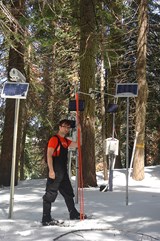
The request for appointment of the Qualifying Examination Committee is made by submission of the Program of Study for Doctoral Candidates form (the "white card") to the CEE Academic Affairs Office (AAO) no later than the second week of the semester after completion of the course requirements.
The names of the Committee for the major and minor fields of study, the proposed dissertation topic, the name of the faculty member designated in charge of the your research, and the proposed dissertation committee must appear on the white card in the spaces provided. The Systems program advisor shows, by signature, approval of the card. You must give the examining committee a 3-5 page summary of your dissertation research plan no later than 2 weeks prior the date of examination.
The CEE Vice-Chair for Academic Affairs reviews the program of courses, the suggested qualifying examination committee, and the proposed dissertation topic. Approval of the Vice Chair for Academic Affairs is necessary prior to the formal request for appointment of the Qualifying Examination Committee.
After approval by the Vice Chair for Academic Affairs, the AAO requests the appointment of the Qualifying Examination Committee by the dean of the Graduate Division. Any change in the constitution of the Qualifying Examination Committee should be requested using the general Petition Form before the examination is given. All examinations contain an oral portion, and examiners in the minor fields may require a written portion at their option.
You may also take the qualifying examination during your last semester of courses if you have met the Systems program-specific requirements. You should refrain from delaying this exam beyond the semester following completion of course requirements.
Note: For students paying out-of-state fees, Advancement allows reduction of the out-of-state portion by 75%.
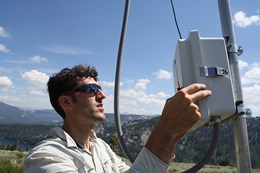
Other Requirements
All Systems PhD students must serve as a Graduate Student Instructor (GSI) for a course approved by the Civil Systems graduate advisor.

